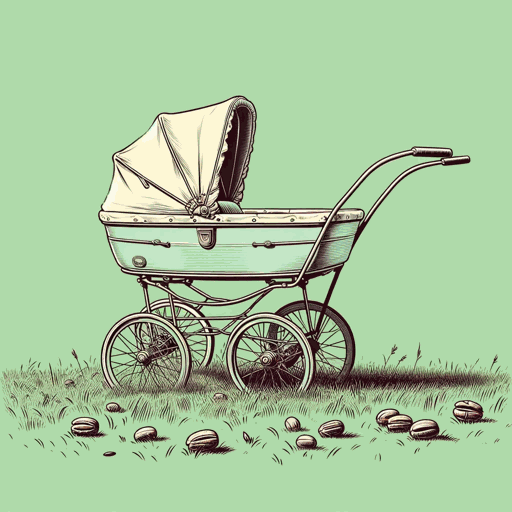88 pages • 2 hours read
Truman CapoteIn Cold Blood
Nonfiction | Book | Adult | Published in 1965A modern alternative to SparkNotes and CliffsNotes, SuperSummary offers high-quality Study Guides with detailed chapter summaries and analysis of major themes, characters, and more. For select classroom titles, we also provide Teaching Guides with discussion and quiz questions to prompt student engagement.
Quiz
Reading Check, Multiple Choice & Short Answer Quizzes
Reading Check questions are designed for in-class review on key plot points or for quick verbal or written assessments. Multiple Choice and Short Answer Quizzes create ideal summative assessments, and collectively function to convey a sense of the work’s tone and themes.
Part 1
Reading Check
1. What is the name of the Clutters’ farm?
2. What does Perry hope to find in Mexico?
3. How did Dick acquire his facial scars?
4. Which member of the Clutter family has depression?
5. What was Perry’s real motivation for returning to Kansas in violation of his parole?
6. When and how are the Clutters’ murders discovered?
Multiple Choice
1. The Clutters’ orchard most strongly symbolizes which of the following?
A) evil
B) America
C) paradise
D) death
2. Which of the following characters most embodies midcentury American norms and ideals?
A) Nancy Clutter
B) Bonnie Clutter
C) Perry Smith
D) Dick Hickock
3. How does Capote use physical description to characterize Perry?
A) Perry’s physical appearance contrasts ironically with his personality.
B) Perry’s physical appearance reflects the contradictions of his personality.
C) Perry’s physical appearance reveals the core truth of his personality.
D) Perry’s physical appearance implies his personality is unknowable.
4. Broadly speaking, how does Dick seem to view Perry?
A) with contempt
B) with affection
C) with suspicion
D) with respect
5. Capote likely juxtaposes the Clutter and Perry/Dick storylines for all but which of the following reasons?
A) to contrast the all-American lives of the Clutters with Perry and Dick’s more marginalized existence
Related Titles
By Truman Capote






